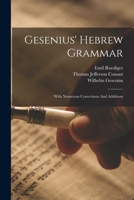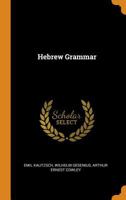I can self publish
Select Format
Select Condition 
Based on Your Recent Browsing
Book Overview
Dr. Terance Shipman had an idea He wanted to publish a book. He did the research and learned, through trial and error, the best way to write, edit, self-publish, market, and sell a book. Not only did he self publish one book, he has successfully self-published over ten books in five years. His books have been purchased in every state in the Union and in more than 5 countries.
His new self-published is I Can Self-Publish. It is a book designed to quickly and effectively guide new authors through the challenging world of self-publishing. A great guide for aspiring authors and written in easy to understand language and ideas, I Can Self-Publish will guide burgeoning authors from their first thought of a book to the final product and through the process of marketing and promoting the sell of that book.












































